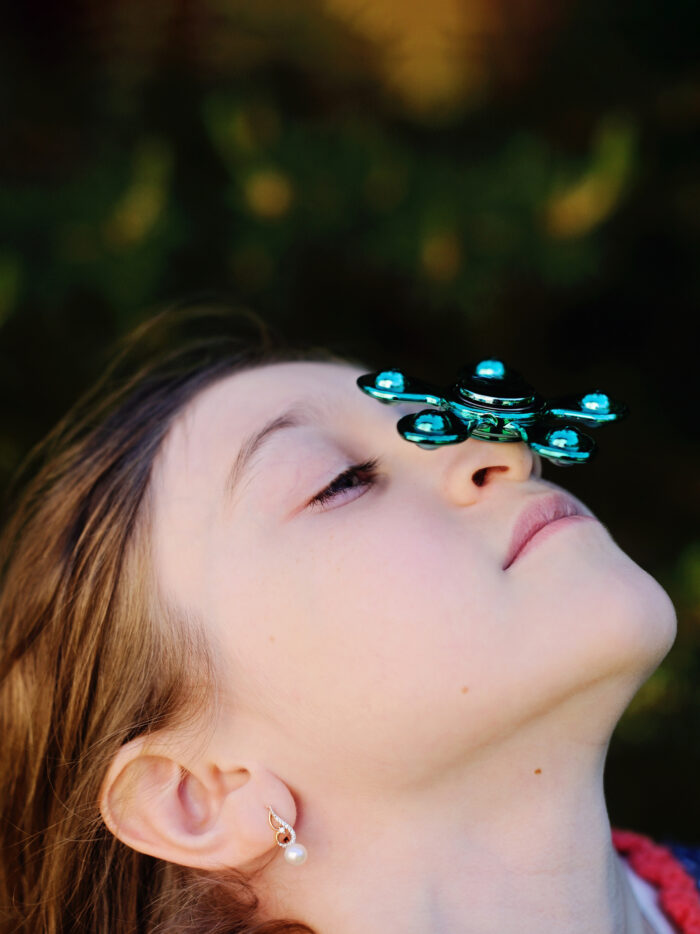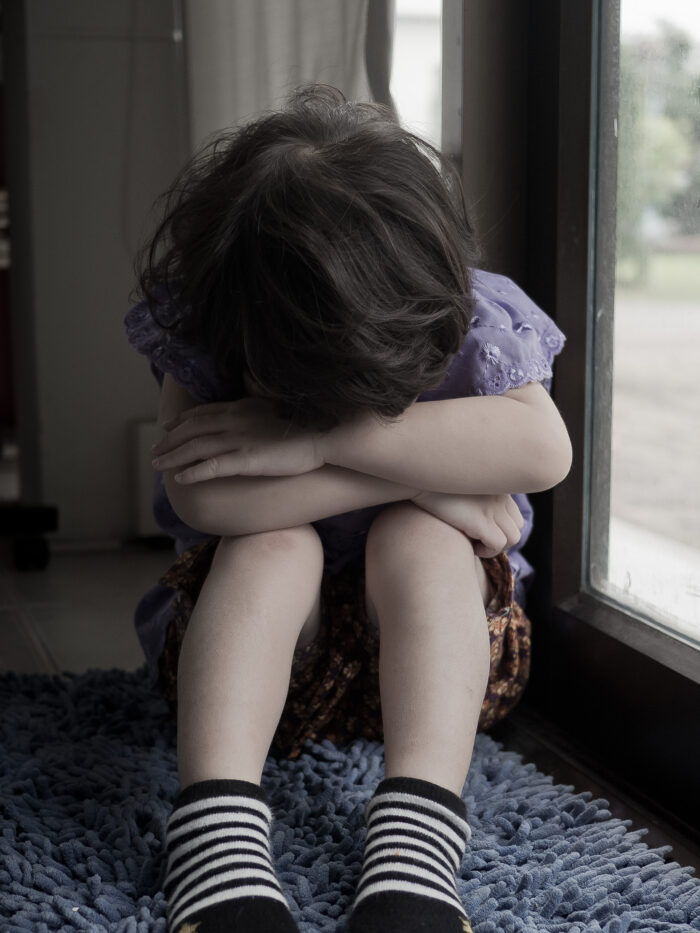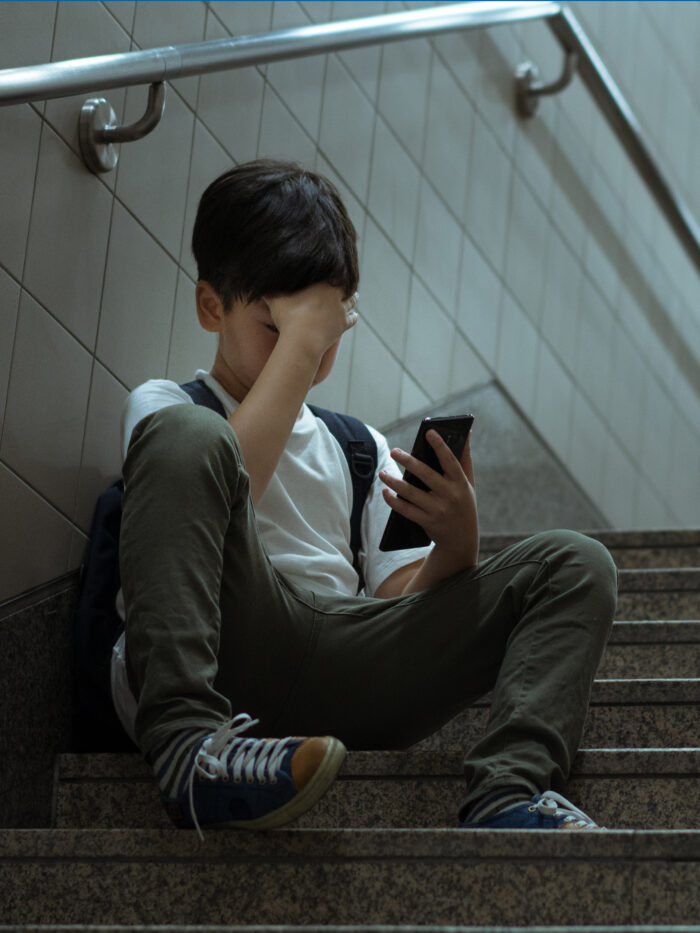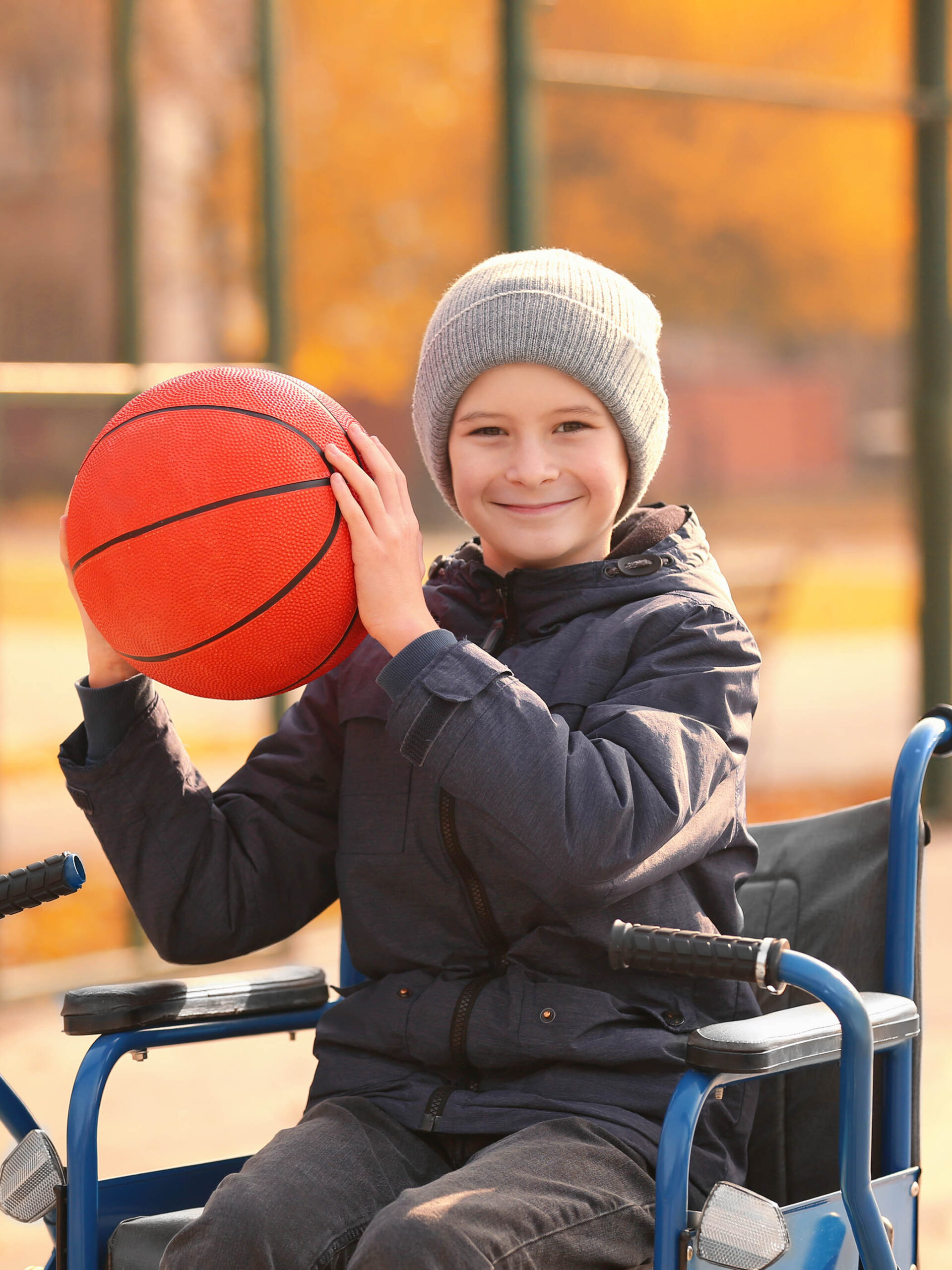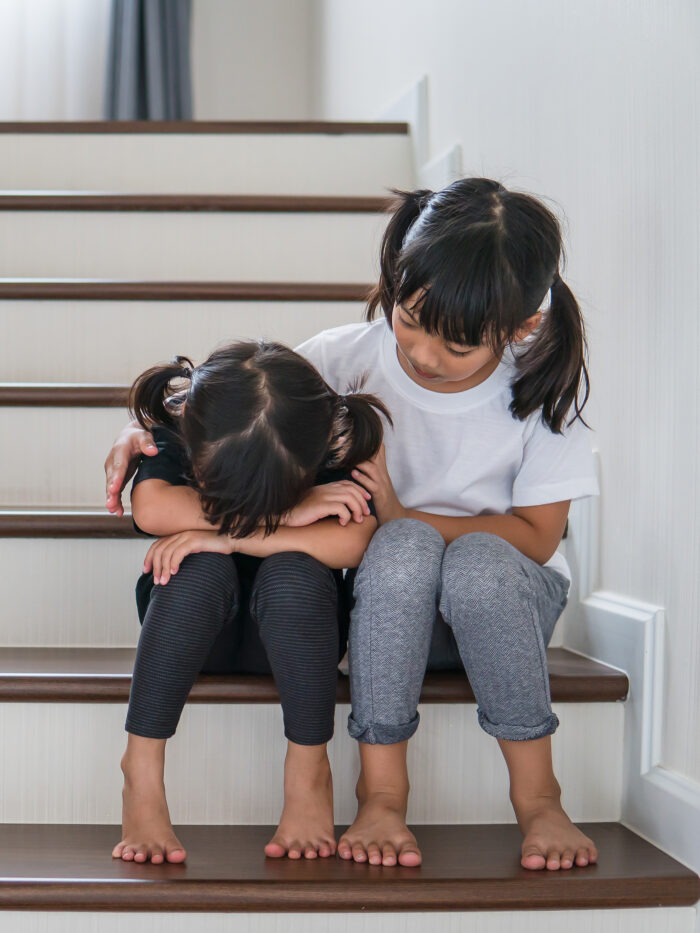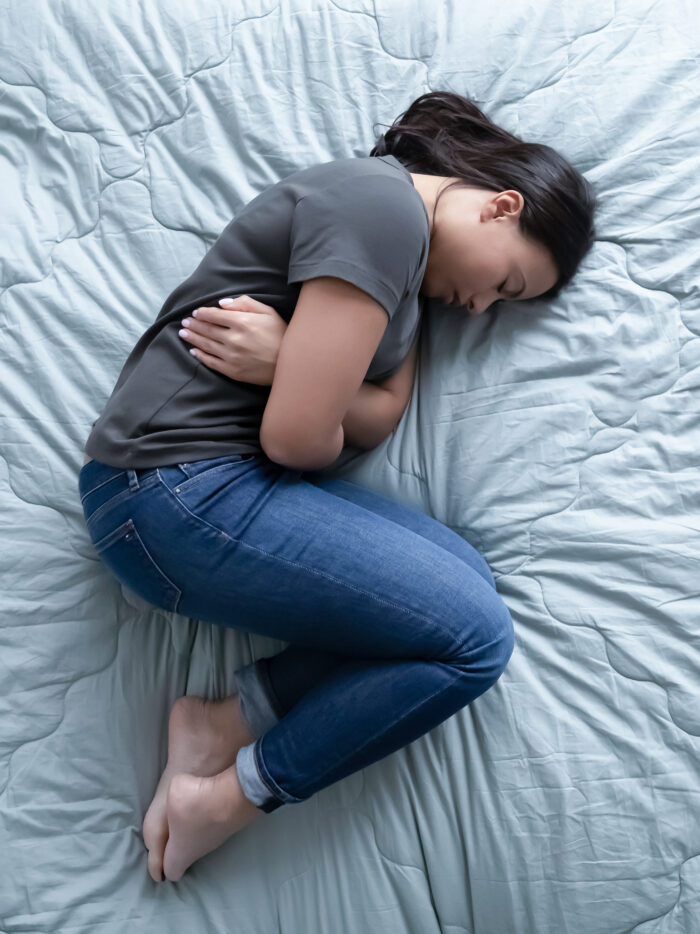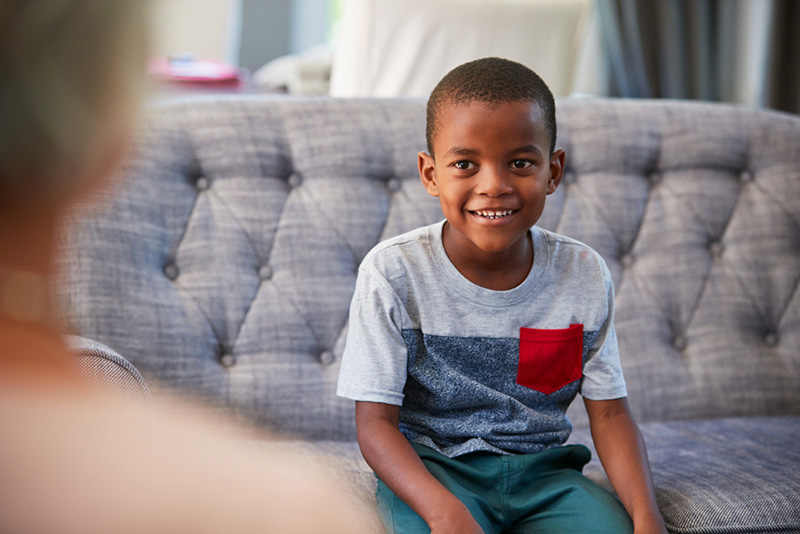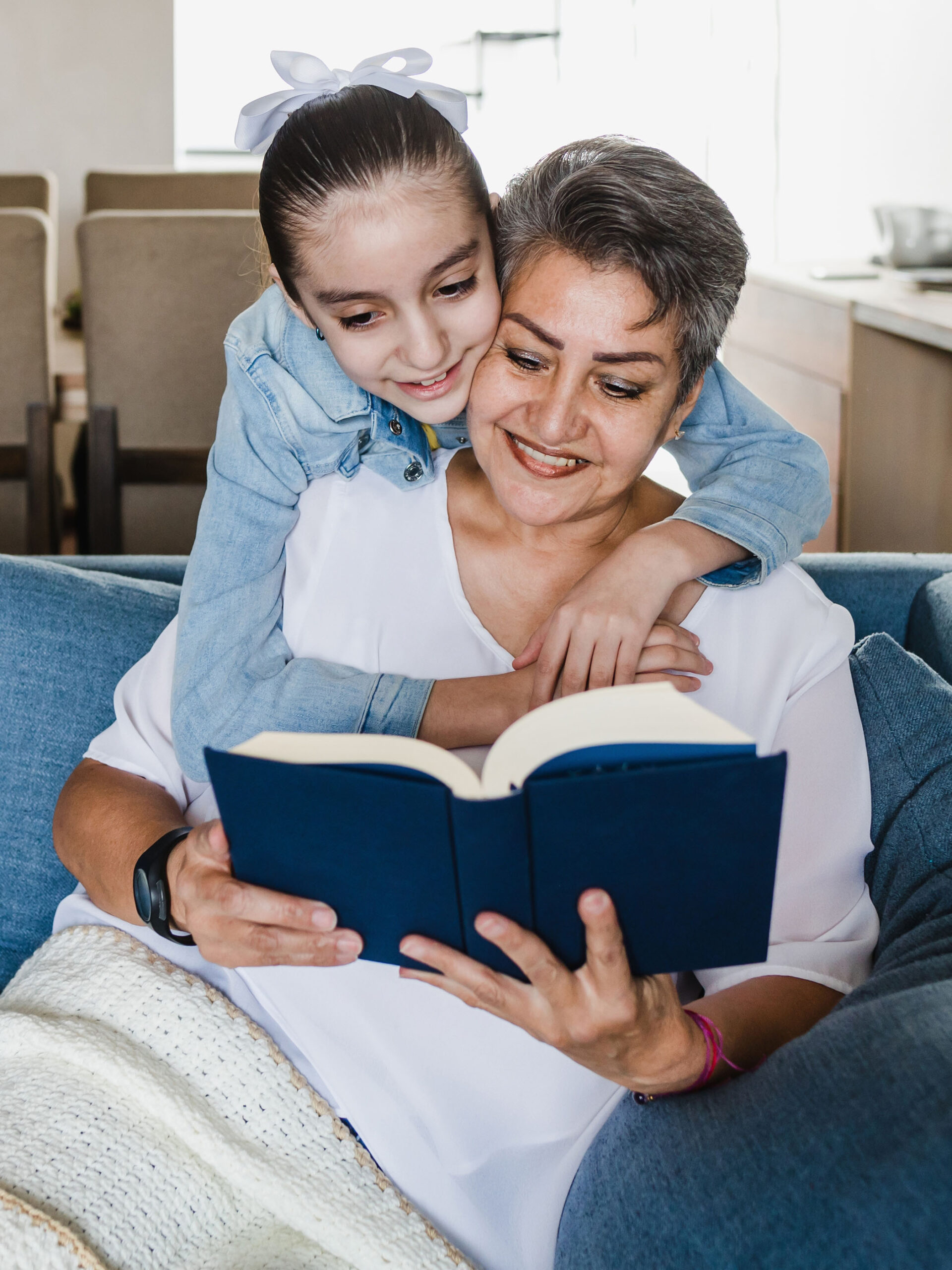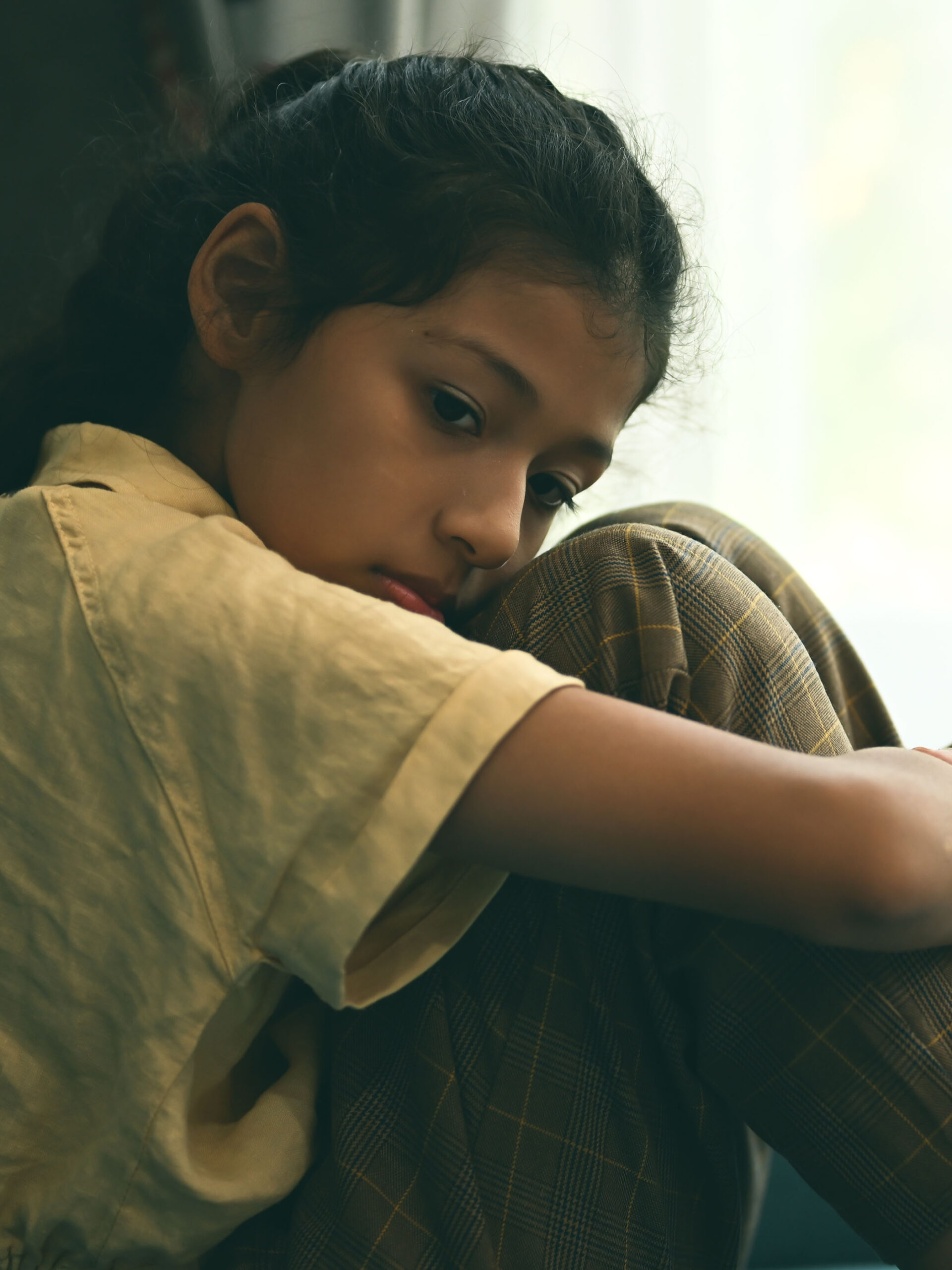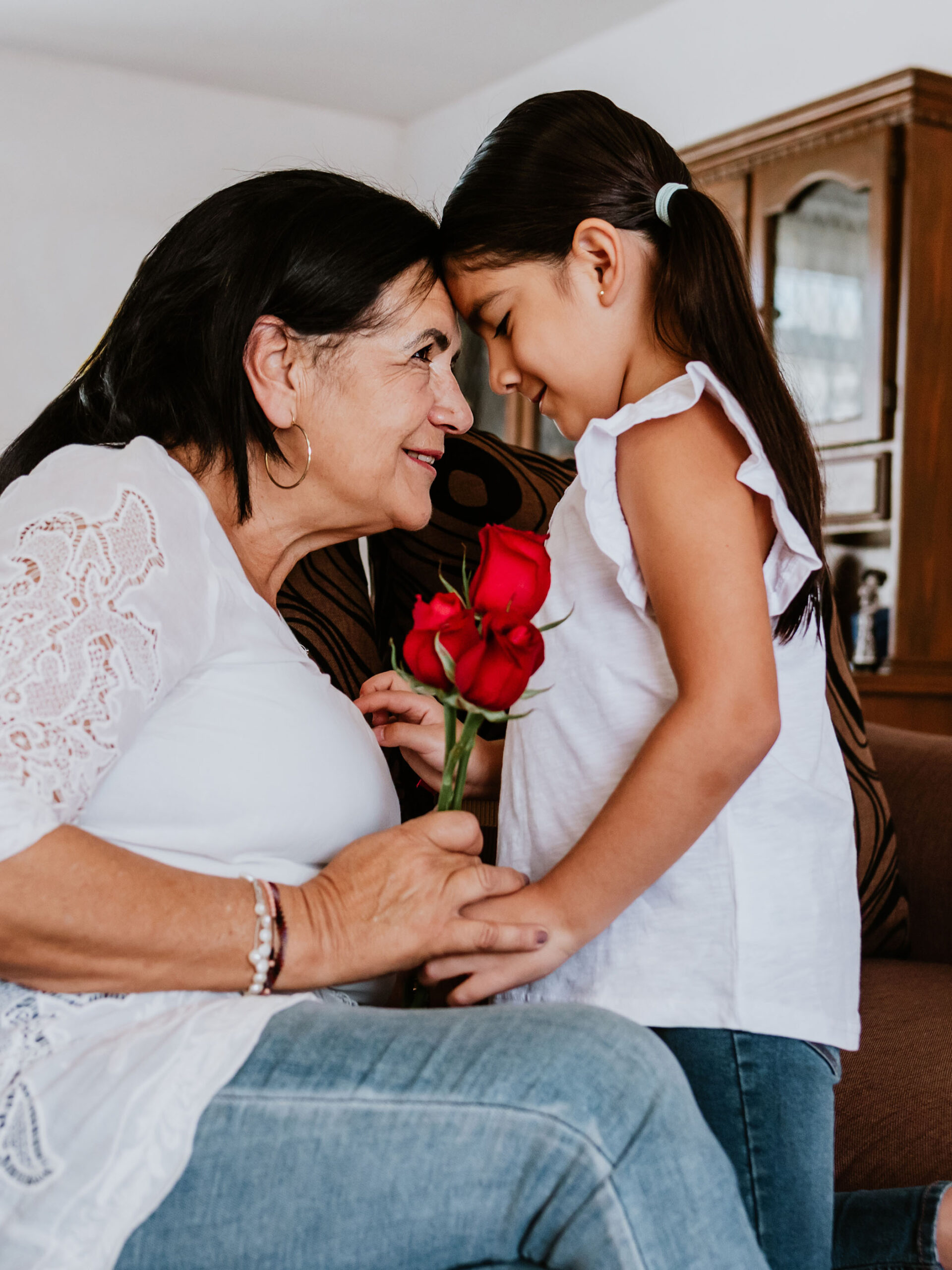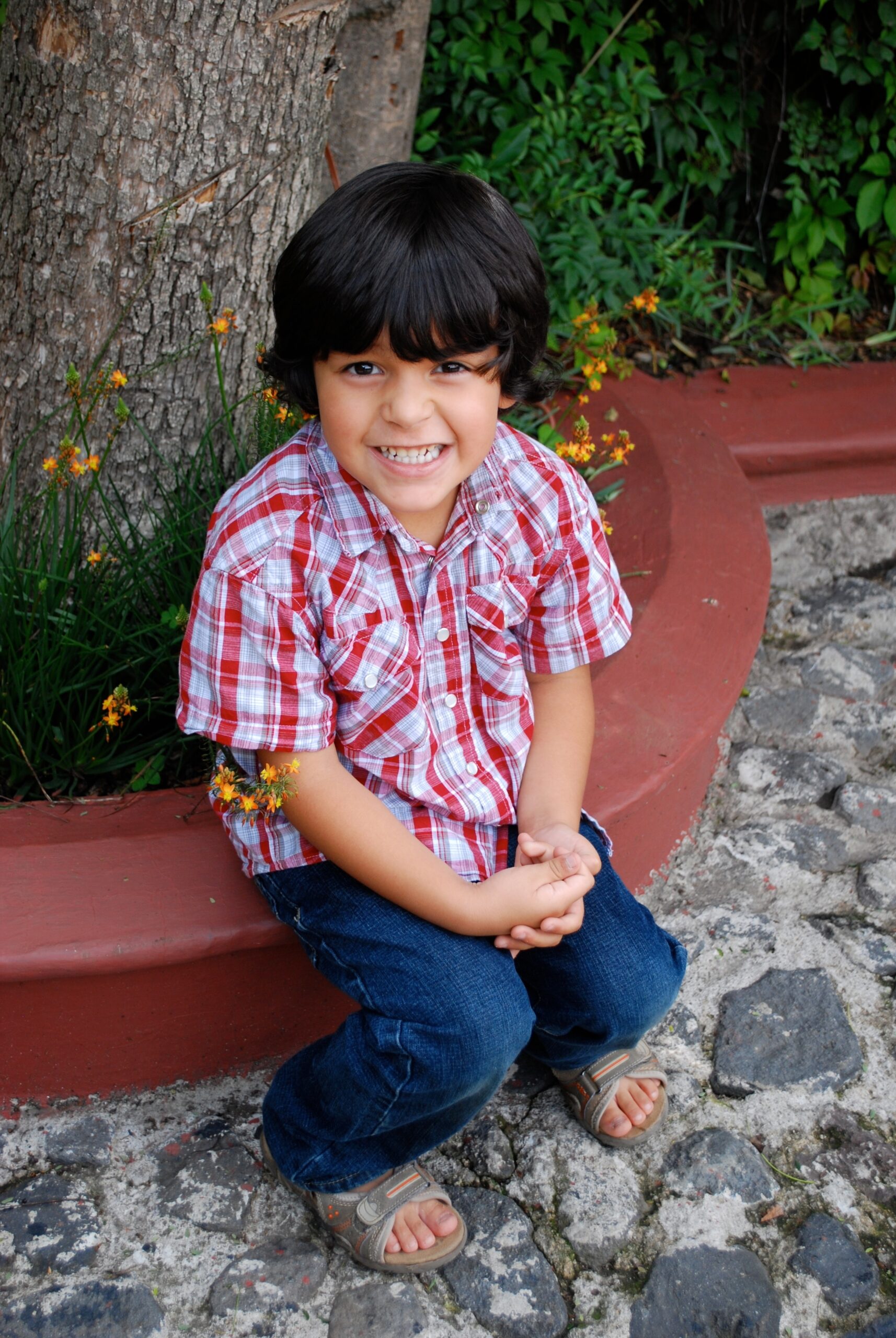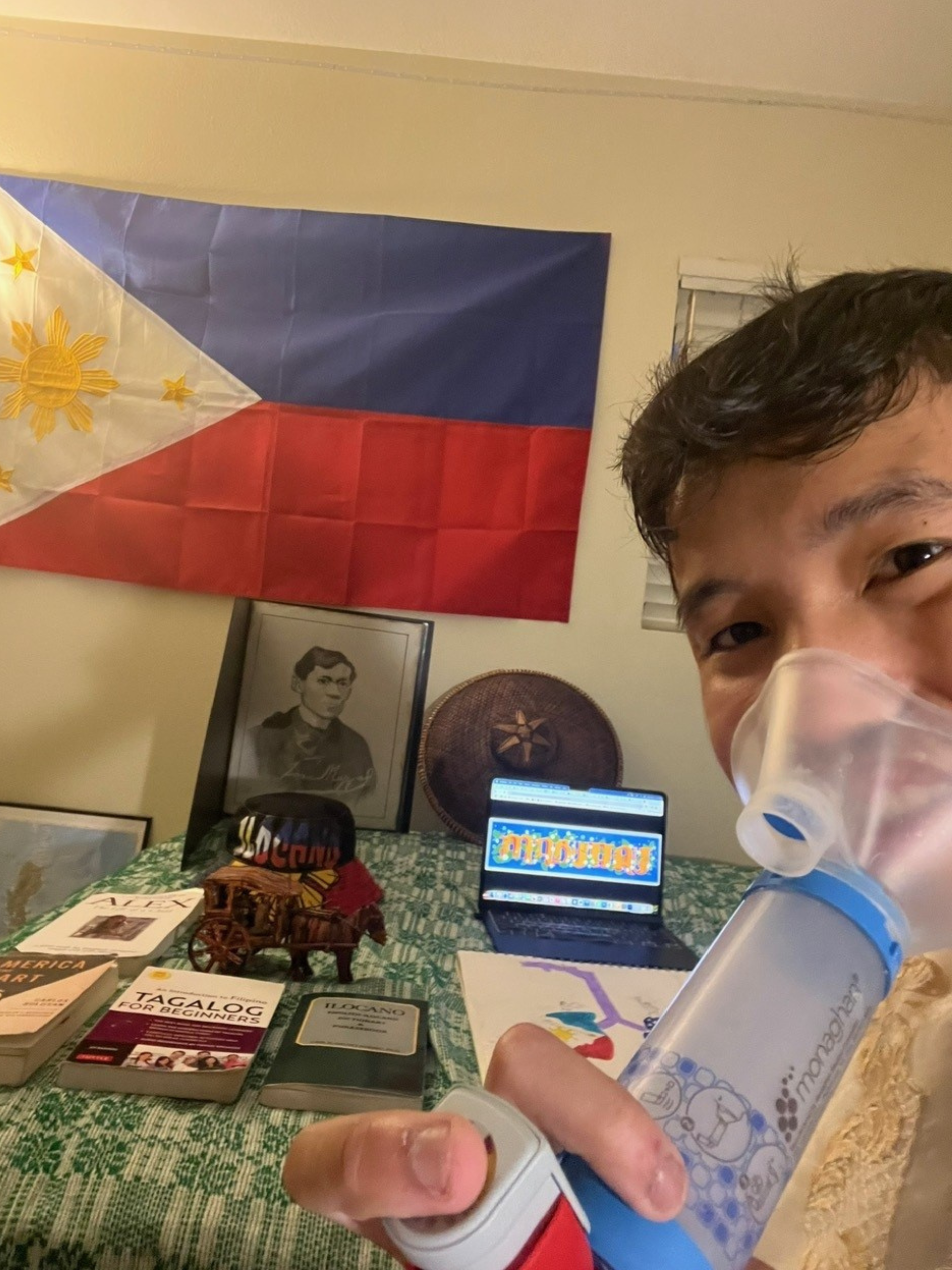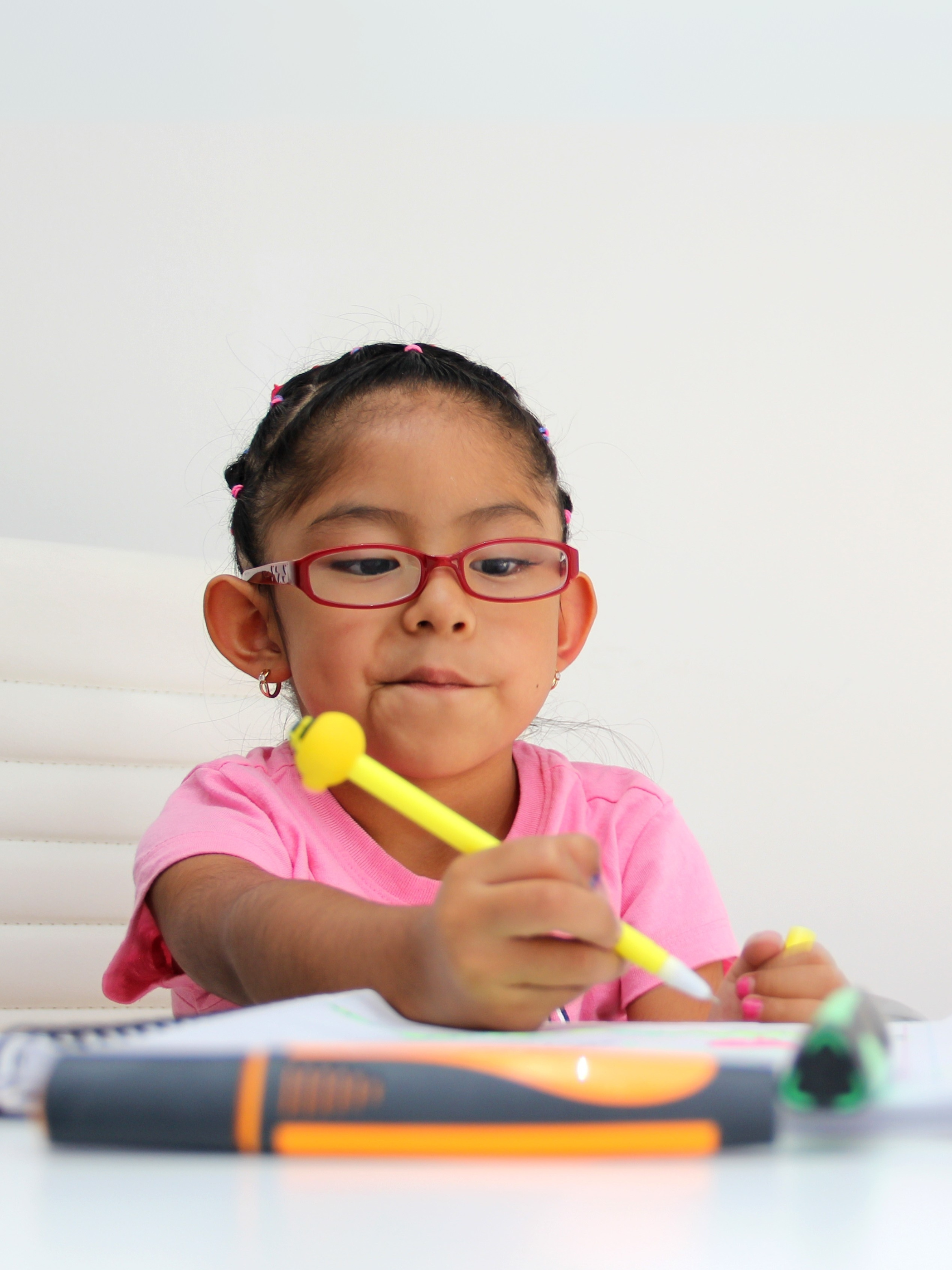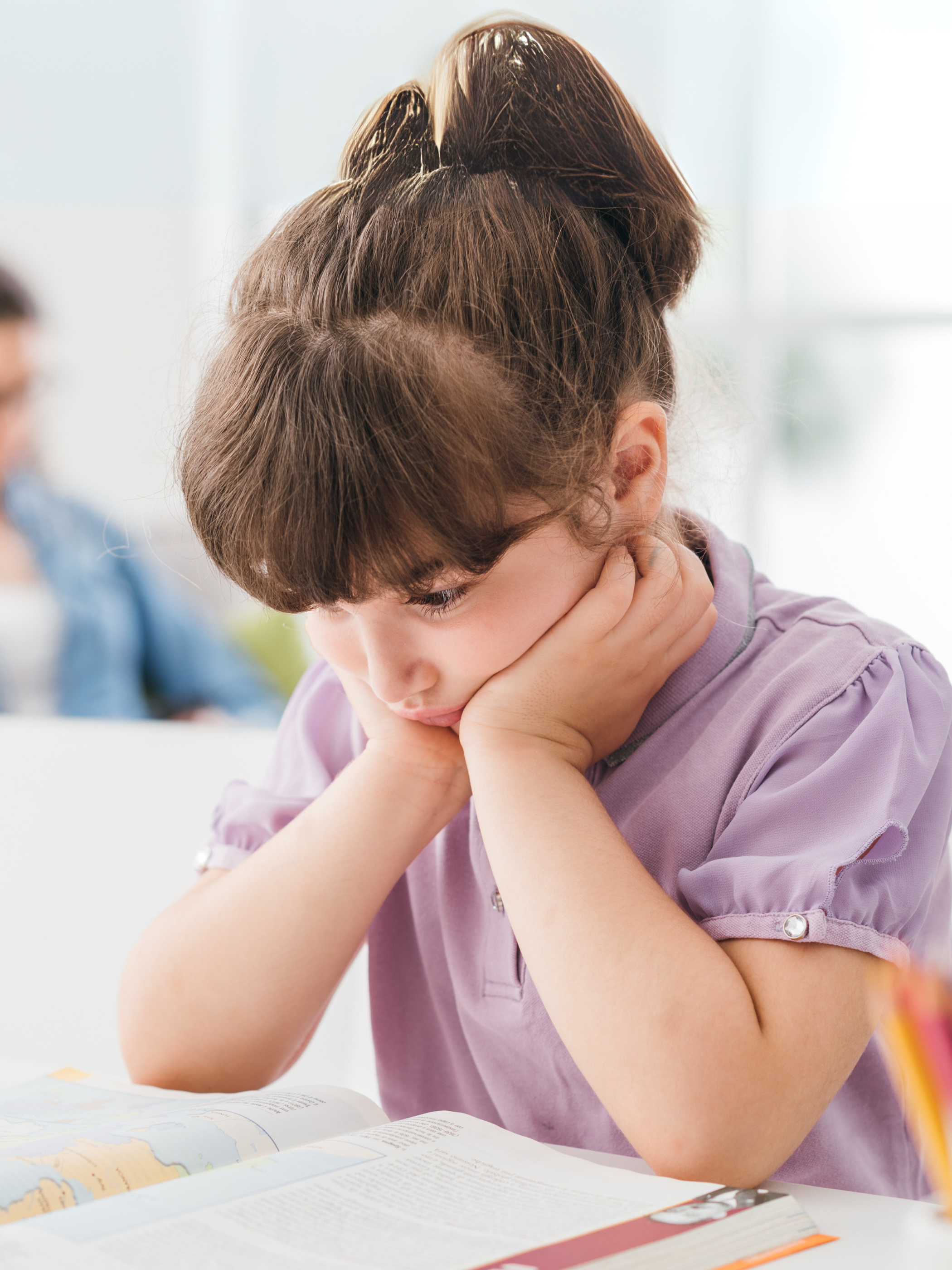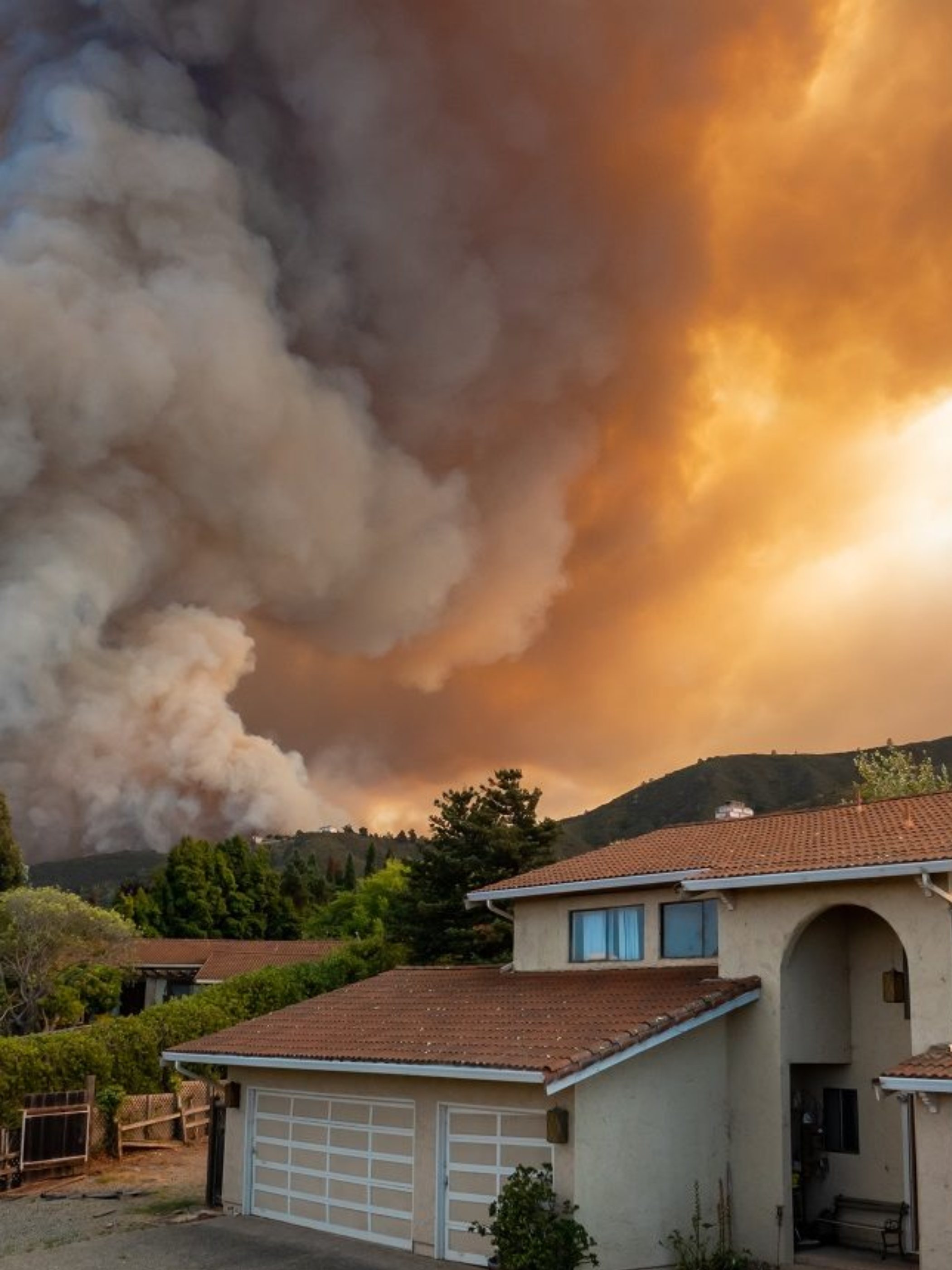GUIDE
Mental Health
Kids’ mental health is just as important as their physical health. Research shows that up to 1 in 5 children have a diagnosable mental health condition. The following guides cover a range of mental health topics, with tips for parents, tips for kids and teens, recommended reading/viewing and crisis resources put together by the pediatric mental health experts at CHOC. These resources are not meant to replace your child’s professional mental healthcare but rather to supplement it by giving you helpful tips and tools all in one place.
ON THIS PAGE
Featured Resource: Suicide prevention conversation starters for parents
Talking to your kids about suicide prevention can’t wait.
Mental Health Guides
The mental health team at CHOC curated the following in-depth guides on mental health topics common to kids and teens. Each guide includes articles, resources, podcasts and videos on a given topic, with different sections for parents and caregivers as well as for kids and teens.

FEATURED GUIDE
Guías de salud mental en español
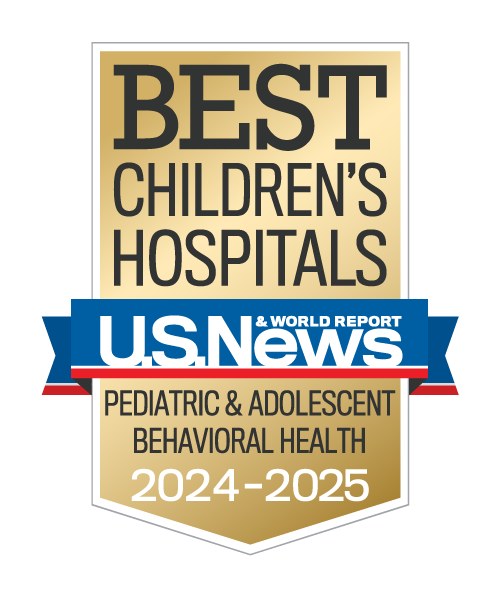
Learn more about CHOC’s Pediatric Mental Health Services
CHOC Hospital was named one of the nation’s best children’s hospitals by U.S. News & World Report in its 2024-25 Best Children’s Hospitals rankings and ranked in the behavioral health specialty.
Mental Health Webinars
CHOC’s Mental Health Education Program (MHEP) and our team of pediatric mental health specialists have provided hundreds of educational sessions to thousands of community members, including youth, parents, educators and providers. Through our presentations and trainings, we strive to partner with and equip our community stakeholders with the needed knowledge, tools and resources to support the wellness of our County’s children, adolescents and young adults. If you have any questions about our educational offerings, please contact our MHEP team at MHEP@choc.org
Upcoming Webinars

Stress Relief Videos
(Serie de videos de técnicas para aliviar la ansiedad y el estrés.)

Subscribe to CHOC’s Pediatric Mental Health Newsletter
Sign up for monthly tips, news and information to stay up to date on important mental health topics.
Mental health recommended resources
Crisis Resources
If your child expresses thoughts of wanting to harm themselves or others, call 9-1-1 or visit the nearest emergency department.
988 Suicide and Crisis Lifeline:
Call 9-8-8
Text any message to 9-8-8
Chat online at 988lifeline.org/chat
Crisis Text Line:
Text “HOME” to 741741
Save for later
Download, print or share on social media.
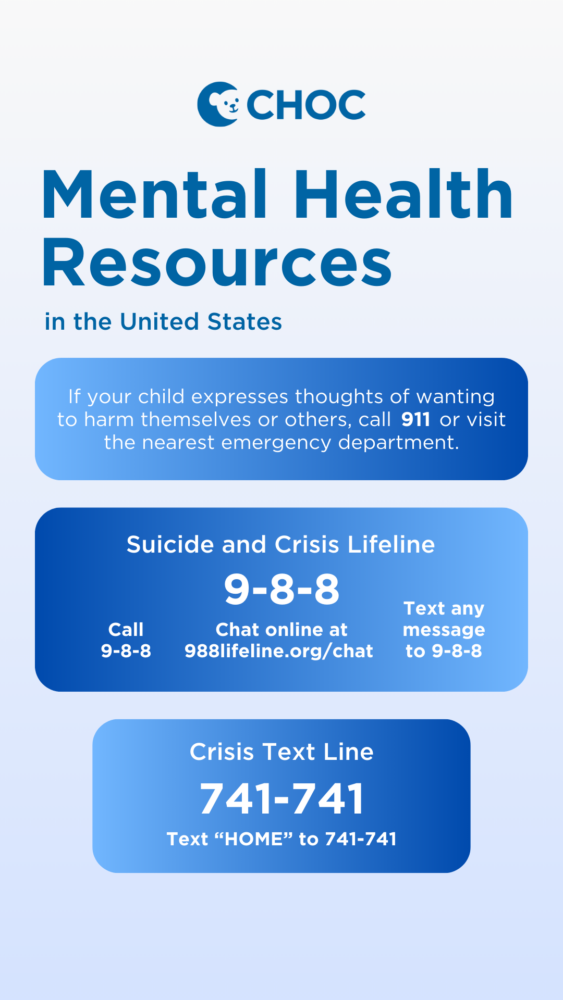
Learn more about CHOC’s pediatric mental health services
At CHOC, we specialize in providing a full spectrum of pediatric mental healthcare, including inpatient, intensive outpatient and outpatient program services.
Get 24/7 advice from CHOC
The guidance on this page has been clinically reviewed by CHOC pediatric experts.
For more health and wellness resources from the pediatric experts at CHOC:
Sign up for the Kids Health newsletter.
The contents of this webpage, including text, graphics, audio files, and videos (“Materials”), are for your general information only. The Materials are not intended to substitute qualified professional or medical advice, diagnoses, or treatments. CHOC does not recommend or endorse any specific tests, physicians, products, procedures, or other information that may be mentioned on or linked to this webpage. Always call your physician or another qualified health provider if you have any questions or problems. If you think you may have a medical emergency, call your doctor, go to the nearest emergency department, or call 911.
For more health information for your family visit health.choc.org

